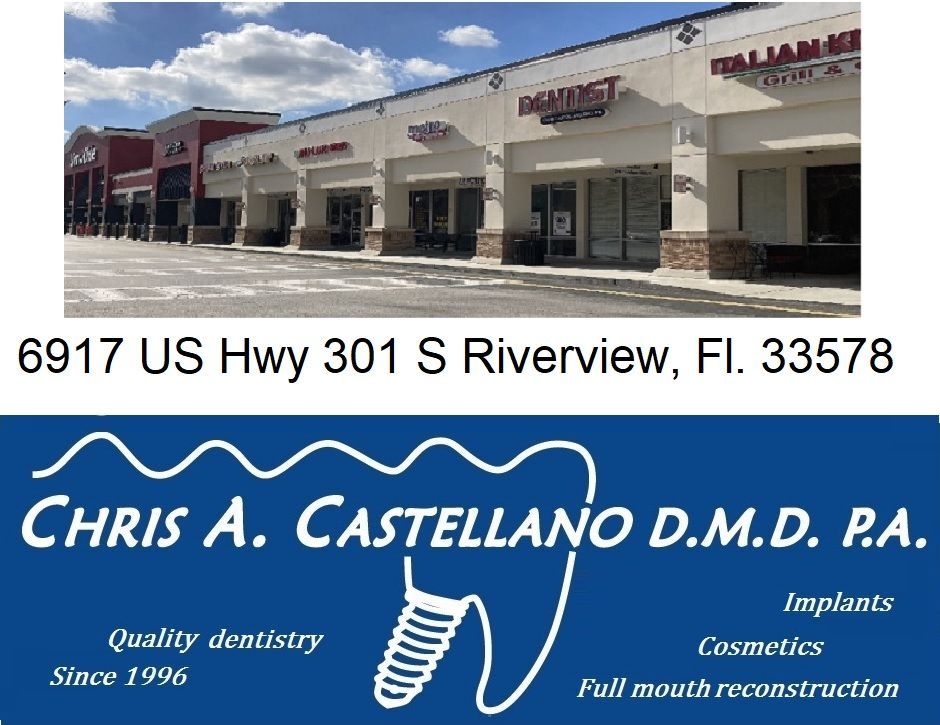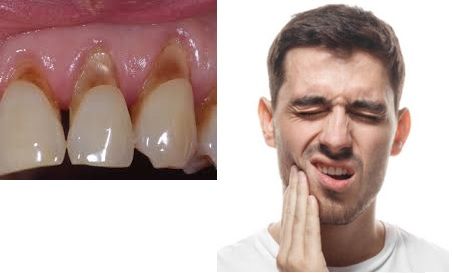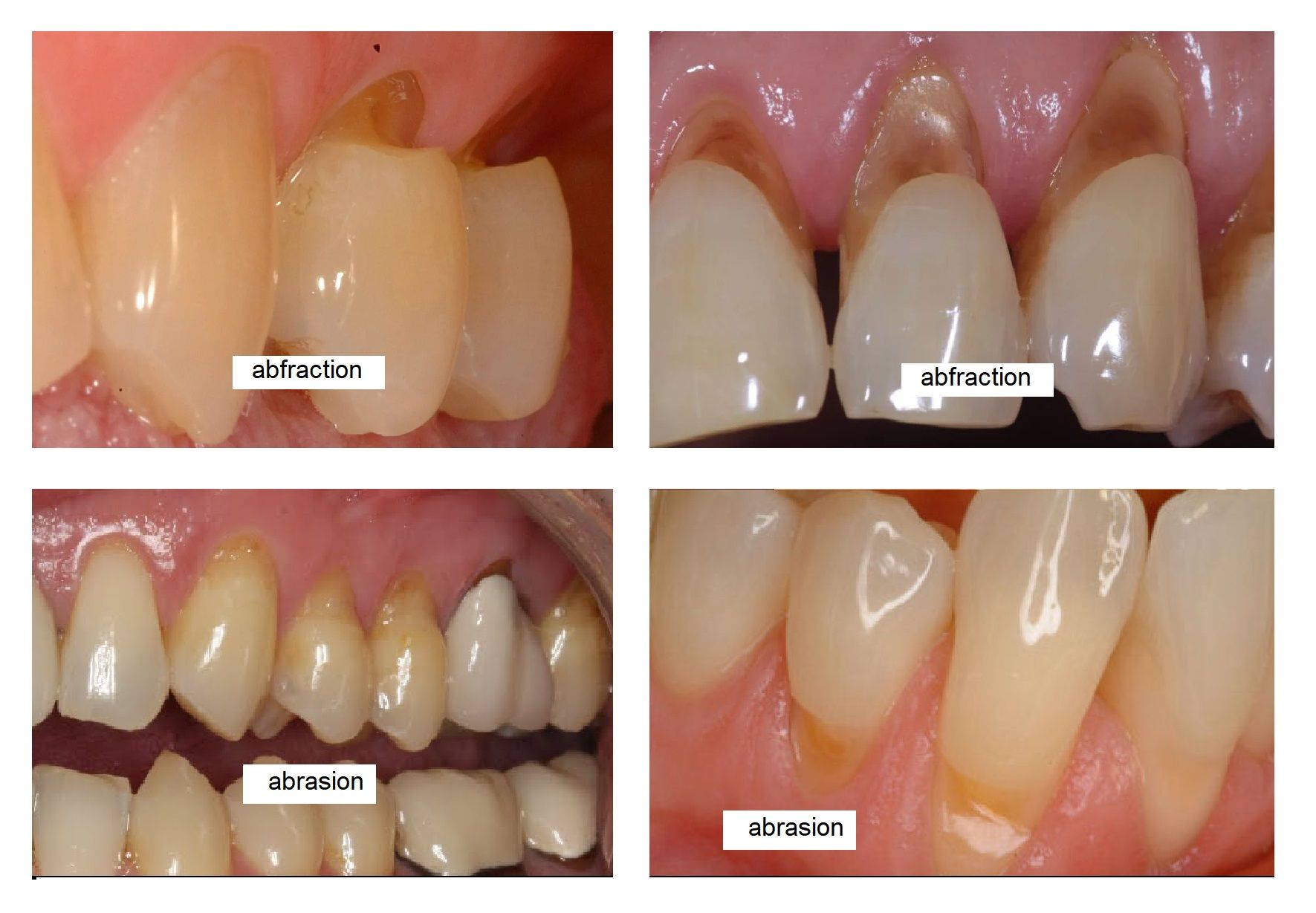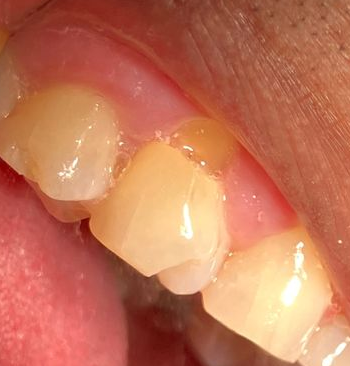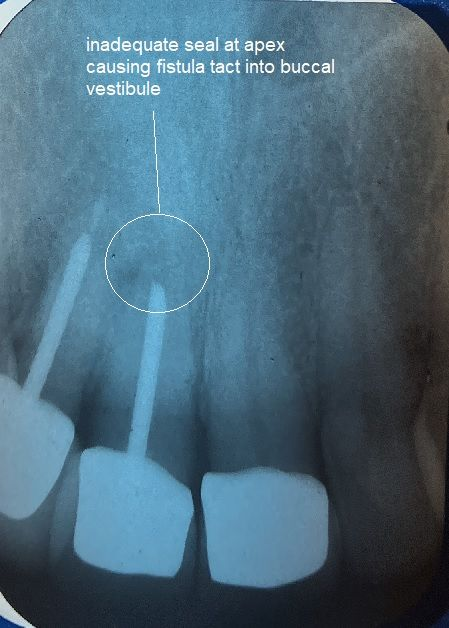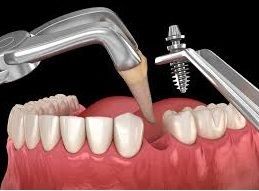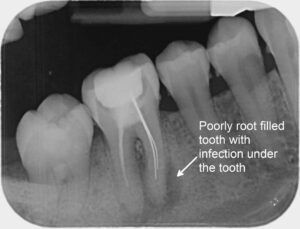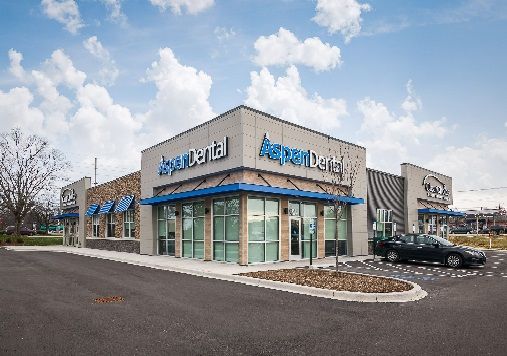What Are Supernumerary Teeth? Causes, Risks, and When to Remove Them.
Most people are born with 20 primary teeth and eventually develop 32 permanent ones. But for a small percentage of the population, extra teeth—called supernumerary teeth—can also appear. While these may sound harmless, they can lead to serious dental complications if left untreated.
Let’s explore what causes supernumerary teeth, why they occur, and why removing them is often the best option.
What Is a Supernumerary Tooth?
A supernumerary tooth is an extra tooth that forms in addition to the normal set. These teeth develop from additional tooth buds during early development and can appear anywhere in the dental arches.
They are most commonly found in the upper jaw, especially:
- Between the two front teeth (called a mesiodens)
- Behind the third molars, sometimes referred to as a fourth molar
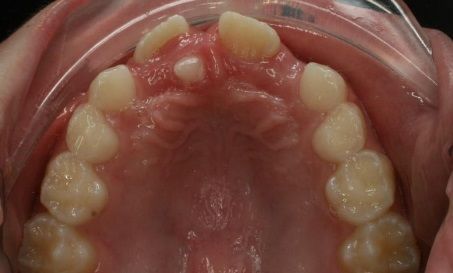
How Common Are Supernumerary Teeth?
- Affects less than 1% of the population
- More common in men than women
- 90% form in the upper jaw (maxilla)
- Rarely appear in baby teeth (primary dentition)
What Causes Supernumerary Teeth?
The cause is often genetic. In many cases, it's inherited as an autosomal dominant trait, which means just one copy of the gene from a parent can cause the condition.
We have 22 autosomes and 1 sex chromosome from each parent = 46 total in one human. The gene or allele for the supernumerary tooth is located on the autosome. If one parent has it the offspring has a 50% to 100% chance or greater expressing it.
The one parent may be dominant and recessive for the allele from his parents in this case 50% chance of offspring expressing this trait.
If the one parent is dominant and dominant for the gene then it’s 100%.
Sperm (male) carries 22 autosomes + X or Y sex chromosome eggs (female) are 22 + X or X. Genetic information is always ½’d at fertilization then combined as the fertilized egg-embryo to become 44xy (male) =46 or 44 xx (female)=46!
Why Should Supernumerary Teeth Be Removed?
Even if they don’t erupt, supernumerary teeth can lead to serious problems:
1. Cyst Formation
- Unerupted teeth can become trapped in fluid-filled sacs (called dentigerous or follicular cysts)
- These cysts may expand causing erosion of nearby bone and roots
2. Tooth and Bone Resorption
- Pressure from cysts or the extra tooth can cause loss of bone or resorption of adjacent teeth
3. Tumor Risk
- Rare but serious: some cysts may transform into odontogenic tumors like:
- Ameloblastoma
- Odontogenic carcinoma
- Odontogenic sarcomas
Because these complications may not show symptoms right away, proactive removal of supernumerary teeth—especially if they’re unerupted—is usually recommended.
Final Thoughts
While rare, supernumerary teeth are more than just a dental curiosity. If discovered through X-rays or during an exam, they should be evaluated carefully to avoid long-term complications.
Early diagnosis and timely removal can prevent cysts, preserve bone, and protect the health of your smile.
Need a dental consultation?
If you're in the Riverview, FL area and suspect you or your child may have an extra tooth, contact our office today to schedule a thorough exam and evaluation.

